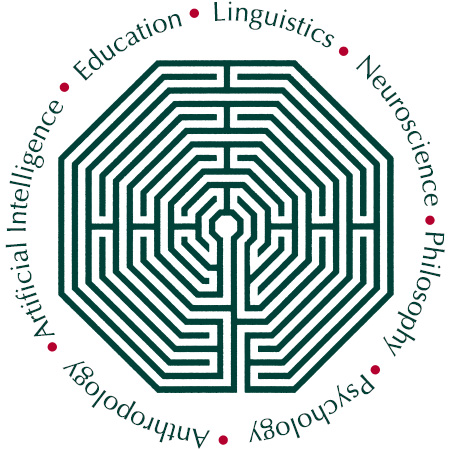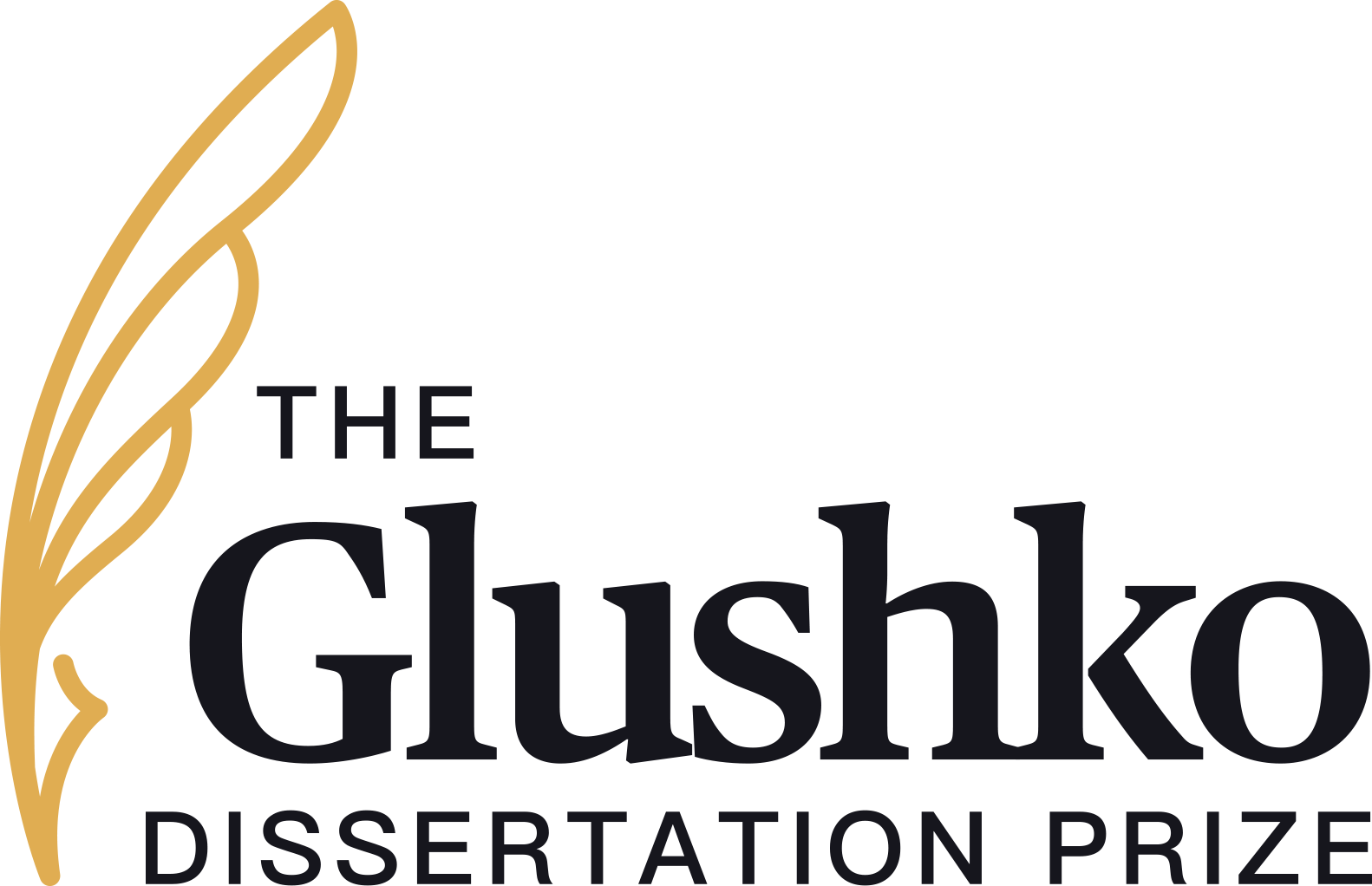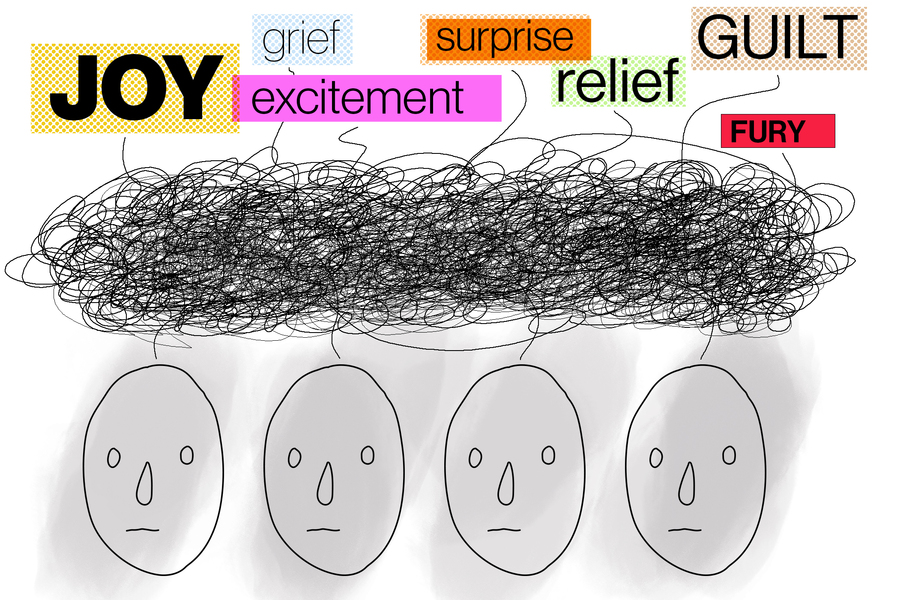Sean Dae Houlihan - Computational Cognitive Science of Emotion
I'm a Neukom Computational Science Postdoctoral Fellow, and Lecturer in the Cognitive Science Program, at Dartmouth. My research explores
the cognitive reasoning that underpins emotional intelligence.
People's reasoning about emotions can appear sophisticated, flexible and reliable,
but can also appear erroneous, biased and inconsistent. These characteristics may seem irreconcilable,
but they share a common origin. The remarkable abilities and the dramatic limitations of human emotion
understanding both illuminate the cognitive mechanisms of social intelligence.
My work aims to reverse-engineer social intelligence by emulating people's reasoning
about emotions. My approach emphasizes the use of probabilistic programs, causal methods, and generative
models to explain how social cognition works, why it succeeds, and where it fails. By describing social
cognition in computational terms, these models support the simultaneous development of formal psychological
theory and of machines with human-like emotional intelligence.
At Dartmouth, I work with Luke Chang, Jonathan Phillips and Soroush Vosoughi. I completed my PhD at MIT in the Department of Brain and Cognitive Sciences, where I worked with Rebecca Saxe, Josh Tenenbaum and John Gabrieli. I'm a member of the Center for Brains, Minds and Machines and a fellow at The Dalai Lama Center for Ethics. Sometimes I post things on bsky.
memo PPL at CogSci with Kartik Chandra and Max Kleiman-Weiner. One of the most influential computational paradigms in modern cognitive science is the Bayesian modeling of social cognition. This paradigm models people's intuitions about other agents in terms of recursive probabilistic reasoning: agents are treated as approximately-rational decision-makers, who make Bayesian inferences about other agents' mental states from their observable behavior.
This workshop introduces a probabilistic approach to building models of people's intuitive theories of emotion. We frame human emotion understanding as approximately rational inference over a causally-structured mental model of other minds. We then see how probabilistic programs can be used to formalize, test, and learn scientific theories of emotion understanding.






